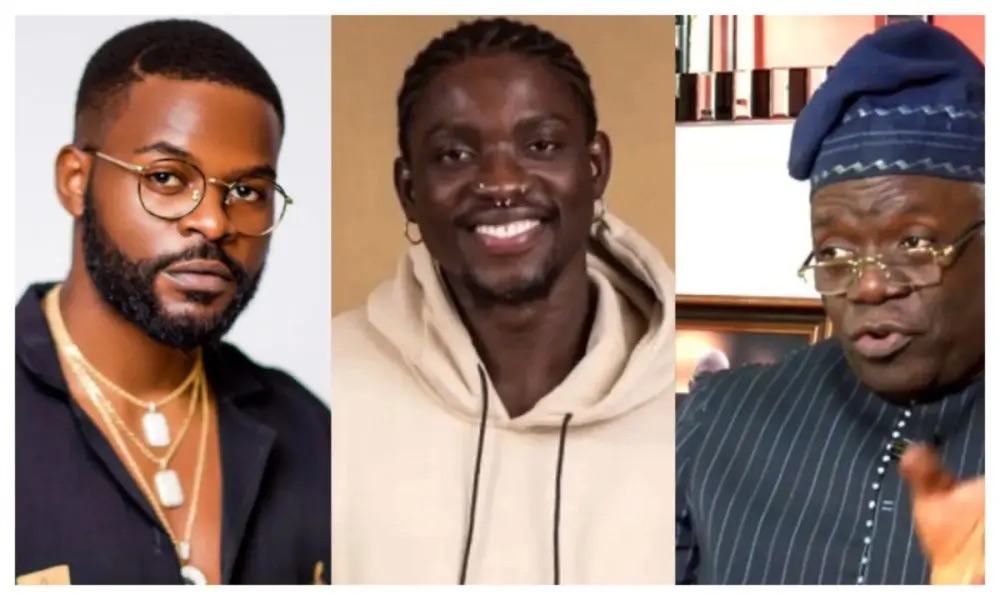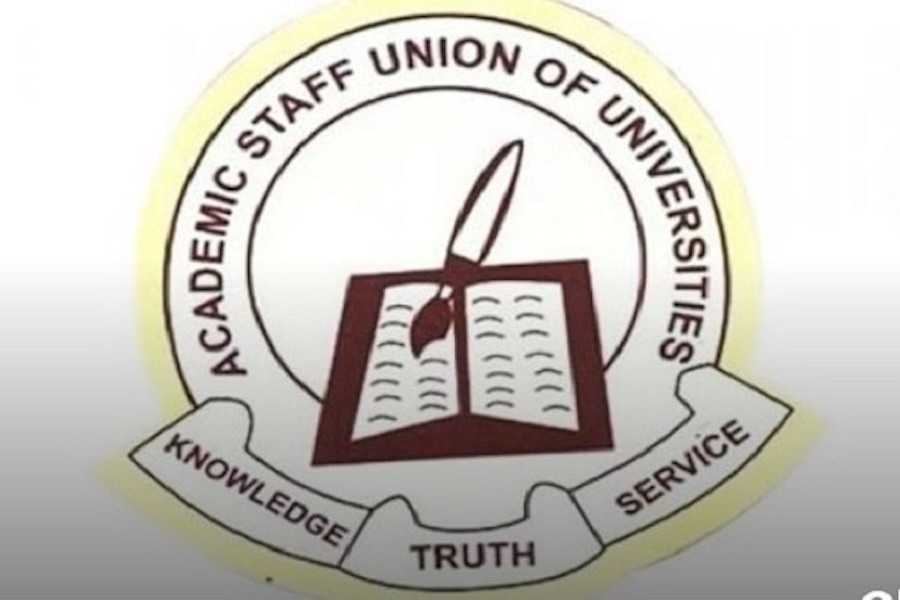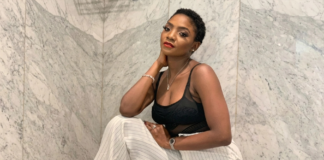The defamation lawsuit between human rights lawyer Femi Falana, his son Folarin Falana (the musician known as Falz), and social media personality Martin Otse, popularly known as VeryDarkMan, has sparked considerable attention in Nigeria.
The suit, scheduled to resume on January 23, 2025, accuses VeryDarkMan of publishing defamatory material on social media that Falana claims wrongly implicated him and his son in unethical legal practices. According to the Falanas, the activist’s videos and audio recordings have spread misinformation, potentially causing reputational harm.

Falana’s team initially sought an injunction to remove the contentious posts. VeryDarkMan, however, maintains that his statements were valid, declining to apologize and asserting his right to criticize public figures. This tension has raised critical discussions in Nigeria about how freedom of speech intersects with online accountability, especially as social media continues to amplify and rapidly spread controversial opinions and information.
At the last court hearing, Falana’s attorney, Muiz Banire, SAN, explained that there had been administrative challenges with filing the initial writ of summons, which led to the need for adjournment. Banire assured the court that his team would address the filing issues before the next hearing. However, VeryDarkMan’s lawyer, Marvin Omorogbe, argued that the entire case should be dismissed, citing procedural errors in the filings. Despite these objections, Justice Dawodu decided to allow time for administrative corrections, setting the next court date for January.
The suit has prompted conversations about legal boundaries and the potential consequences for individuals who leverage social media to hold public figures accountable. It highlights the challenges prominent figures face in balancing a desire for reputation protection with the public’s freedom to critique. Many legal experts anticipate that the outcome of this case could set precedents for how defamation cases involving social media personalities and influential figures are handled in Nigeria.
As the January date approaches, both parties are expected to gather substantial evidence to strengthen their arguments. If the court finds in favor of Falana, it may prompt stricter regulations for defamatory content online. On the other hand, a ruling in favor of VeryDarkMan could reinforce free speech protections, even when criticisms are directed at influential public figures.





